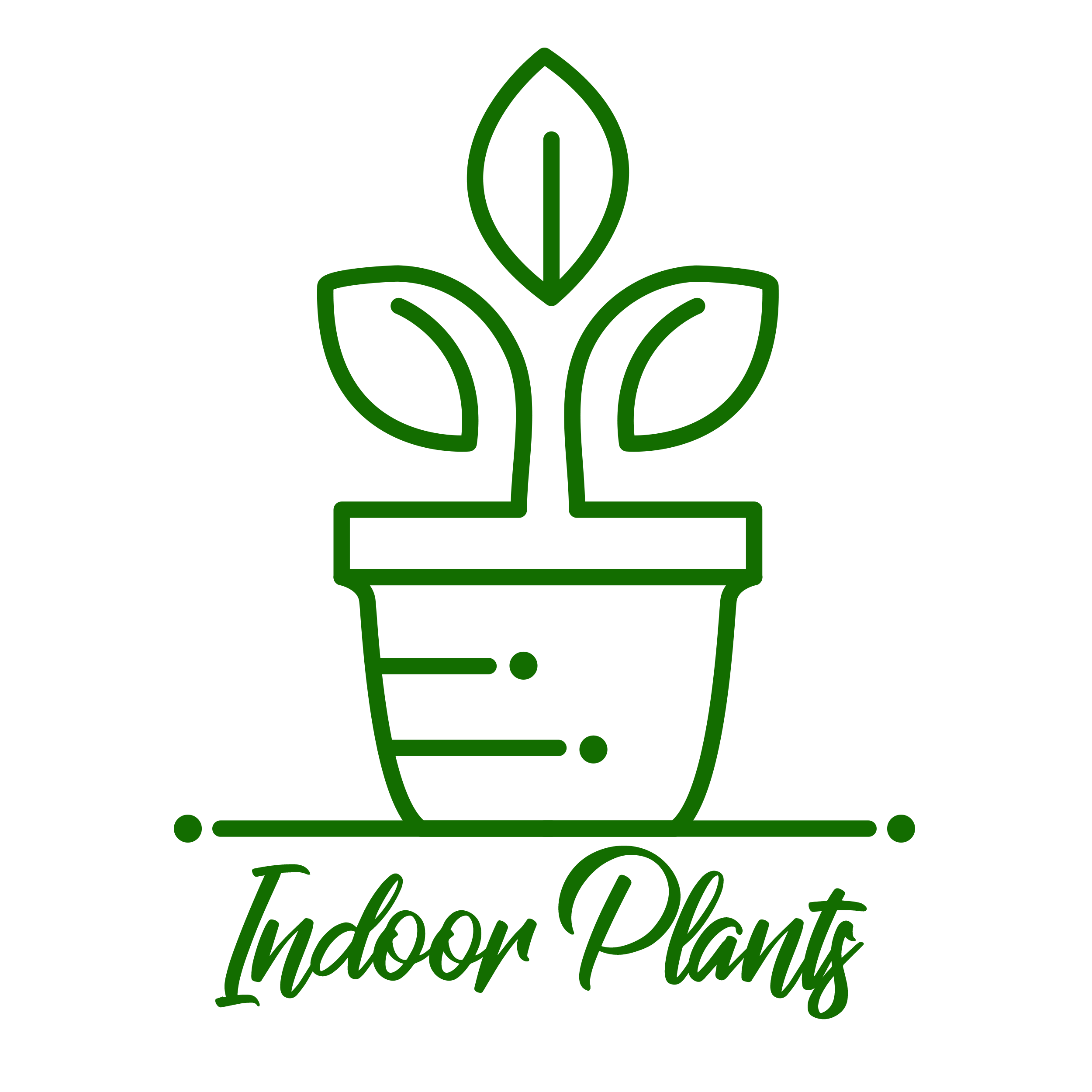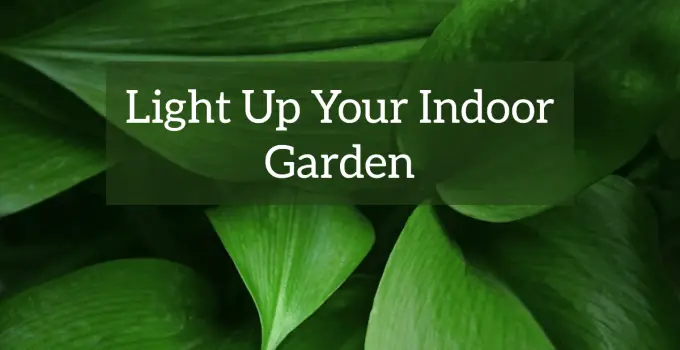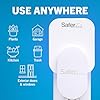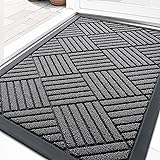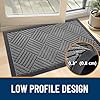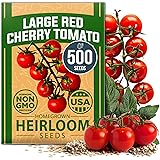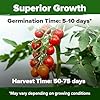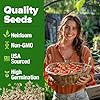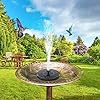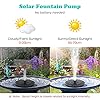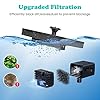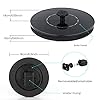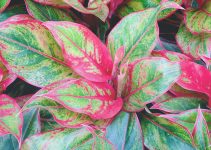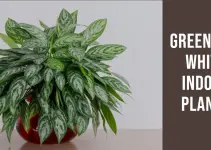Safer Home Indoor Plug-In Fly Trap - SH502 - Effective Fruit Fly Traps for Indoors, Gnat Traps for House Indoor, 400 Sq Ft Protection - Style: 1 Device + 2 Glue Cards
EUR 11.19 (as of March 3, 2026 19:12 GMT +00:00 - More infoProduct prices and availability are accurate as of the date/time indicated and are subject to change. Any price and availability information displayed on [relevant Amazon Site(s), as applicable] at the time of purchase will apply to the purchase of this product.)OLANLY Front Door Mat Outside Entrance 29.5x17, Absorbent, Heavy Duty Sturdy Natural Rubber Doormat Indoor Outdoor, Stain and Fade Resistant, Non-Slip Low Profile Floor Mat for Entryway, Grey Diamond
EUR 8.53 (as of March 3, 2026 19:17 GMT +00:00 - More infoProduct prices and availability are accurate as of the date/time indicated and are subject to change. Any price and availability information displayed on [relevant Amazon Site(s), as applicable] at the time of purchase will apply to the purchase of this product.)Houseplants bring life into our homes, purify our air, and connect us with nature. But our indoor spaces often lack the bright, nourishing light that plants need to truly thrive. Supplementing with ultraviolet (UV) grow lights can boost blooms, encourage bushy growth, and allow you to successfully grow vibrant plants even in dark corners.
As an indoor gardening essential, it’s important to understand what makes a quality UV lamp and how to pick the right one for your botanical bounty. From basic grow bulbs to high-tech fixtures, this guide will shed some light on ideal wavelengths, special features, placement pointers, and recommended models.
What is a UV Grow Light and Why Do Indoor Plants Need It?
Plants depend on light for photosynthesis – the process they use to convert light energy, CO2, and water into food. In addition to visible red and blue wavelengths, plants also benefit from exposure to ultraviolet wavelengths for robust development.
Benefits of Using a UV Light for Indoor Plants
Supplying UV light to indoor plants encourages:
- More prolific flowering and fruiting
- Bushy, compact growth
- Vibrant leaf colors
- Enhanced taste, aroma, and medicinal qualities in herbs & vegetables
- Increased resistance to pests and diseases
- Overall better plant health & survival rate
Choosing the Right UV Wavelengths
Not all UV light is created equal when it comes to plant growth. The key wavelengths to look for are:
- UV-A (315-400 nm) – Boosts flavor/aroma compounds. Best for herbs and fruiting plants.
- UV-B (280-315 nm) – Encourages compact, bushy growth. Ideal for ornamentals.
- UV-C (100-280 nm) – Germicidal but unsafe for growing plants directly under.
UV-A is considered the most beneficial for indoor gardening, while too much UV-B can damage plants without proper precautions. UV-C is not used for growing, but some units offer it for sterilizing.
Key Considerations When Purchasing a UV Grow Light
With a variety of setups available, it’s important to assess your needs when selecting UV lighting.
Type of Plants You Want to Grow
Consider if you’ll be growing flowering ornamentals, luscious fruiting plants, leafy greens and herbs, propagations & seedlings, desert cacti & succulents, or a mix. Some specialty UV fixtures cater to specific plant groups.
Your Budget and Unit Cost Over Time
Purchase price is just one cost factor. Also evaluate electrical efficiency and longevity when calculating the value. Quality LED UV fixtures often cost more upfront but save money long-term.
Size of Your Grow Area
Measure the length x width of the space you want to illuminate and look for options providing adequate coverage. Insufficient overlap will create uneven growth.
Placement and Adjustability
Look for fixtures that allow adjusting height/proximity and directing the beam spread. Consider fixed mounts, hangers, stands, and daisy-chaining capabilities.
Any Special Needs or Priorities
Do you need simple timers, automation compatibility, or specific aesthetics? Are bulb changes tedious for your set up? Durability also matters if locating in a greenhouse.
Guide to UV Grow Light Bulb Types
Once you’ve determined key needs and preferences, it’s time to explore bulb options. Here’s an overview of common varieties:
Fluorescent Tubes
- Pros: Inexpensive; easily obtain replacement tubes
- Cons: Lack intensity; high electrical cost; frequent bulb changes
Best for seedlings and supplements. Look for T5 high output or T8 tubes with 5000K to 6500K color temperature.
CFL UV Lamps
- Pros: Low purchase cost; small & versatile
- Cons: Inconsistent UV levels; high operating expense
Adequate for starts and cuttings. Choose 23-42W CFLs with minimum 10% UV output like Sylvania Gro-Lux or GE Chroma 50.
Metal Halide (MH) Bulbs
- Pros: Bright white light with 10-16% UV levels
- Cons: High heat; high electrical usage; contain mercury
Great for fruiting plants and vertical gardens. Utilize air-cool hoods and give plants space from the high intensity discharge.
High Intensity Discharge (HID)
- Pros: Powerful luminous efficacy; full light spectrum
- Cons: Substantial heat hazards; high power usage; relamping issues
Both metal halides and high pressure sodium lamps emit UV. Best for large spaces with proper ventilation, mounting height, and safety measures.
| Comparison of Light Sources | Lifespan | Wattage Range | UV Output | Heat |
|---|---|---|---|---|
| Fluorescent Tubes | 10,000-20,000 hours | 24-215W | 2-5% | Low |
| CFLs | 8,000-15,000 hours | 23-42W | 5-12% | Low-Moderate |
| Metal Halide | 6,000-15,000 hours | 70-1,000W | 8-16% | Very High |
| High Pressure Sodium | 18,000-24,000 hours | 50-1000W | 4-8% minimal | High |
Mercury Vapor Grow Lights
- Pros: Provides UV-B for compact growth; affordable bulb cost
- Cons: No light control; alters flower colors; environmental risks
Once common yet being phased out. The dangers of mercury contamination and byproducts outweigh usefulness for indoor growing.
Light Emitting Plasma (LEP)
- Pros: Compact & durable design; instant on/off capability
- Cons: Low UV-A levels; very expensive fixtures; new unproven technology
Utilizes ionized gas like neon signs. LEP grow lights are an intriguing innovation still under development. Most suitable for commercial greenhouses and research.
Light Emitting Diode (LED)
- Pros: Extremely energy efficient; long lifespan; highly adjustable
- Cons: Upfront investment; require proper heat sinks; optimal spectrum combinations can get costly
LED UV grow lights are dimmable to provide customizable intensity. Look for a balance of wavelengths and consider expandability.
Best LED Grow Lights with UV Wavelengths
Thanks to increasing innovations in solid-state technology, LED UV fixtures offer indoor gardeners the greatest blend of efficiency, customization, and design aesthetics. Here are top rated options to consider:
Best Full Cycle LED Grow Light with UV & IR
Morsen MAX12
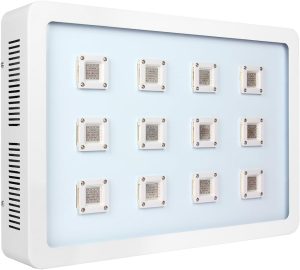
The MAX121200W provides eight customizable bands – 2 each of 660nm, 730nm, white, and UV/IR – for personalized recipes from seed to harvest.
Key Features:
- Independent 2W LED diodes
- wavelengths 280-840nm
- MAX12 uses a staggering 10,976 diodes!
- Dimmable 20-100% per channel
- Robust coverage: 4 by 4 ft up to 6 by 6 ft footprint
Best LED Grow Light Panel with UV-A Diodes
Unit Farm UF2000 LED Grow Light Daisy Chain
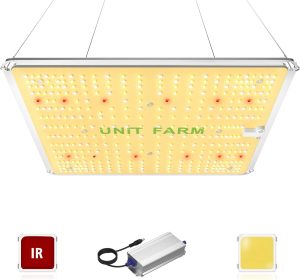
Perfect for propagating and nurturing seedlings or cuttings to maturity.
Key Features:
- 192pcs LEDs delivering 2000Lm brightness
- UV-A & 660nm flowering support
- Includes separate vegetative and bloom switch plus dimmable mode
- Linkable up to 100 units total for vast grow ops
- 5 year warranty
Most Affordable High-Output LED with UV
Phlizon Newest 1000W LED Plant Grow Light
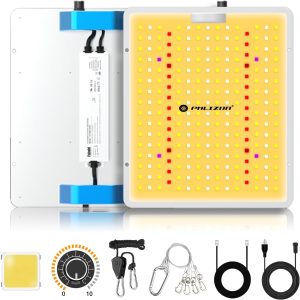
Boasts impressive intensity and coverage at a budget-friendly price.
Key Features:
- 10W double chips providing wide 220° illumination
- Full spectrum 380 nm – 780 nm includes UV and IR
- High PAR rating of 793 μmol / m2/ s at 18” height
- Aluminum alloy heat sinks with quiet fans
- Thermals output regulated for safety
Most Innovative Expandable Design:
COYOTE Grow Smart UVA Lighting System
Truly customized scalability to fit your explicit needs through daisy-chaining reactor towers.
Key Features:
- Expandable vertical lighting towers
- Housed 432n UV-A diodes per tower
- Smart controller for sunrise/sunset simulation
- Automatic light intensity regulation
- Industrial duty rated plug-and-play connectors between towers
This overview just touches the surface when it comes to UV solutions. Connect your plants with the nourishing light they crave through an LED grow system tailored for true indoor gardening success!
